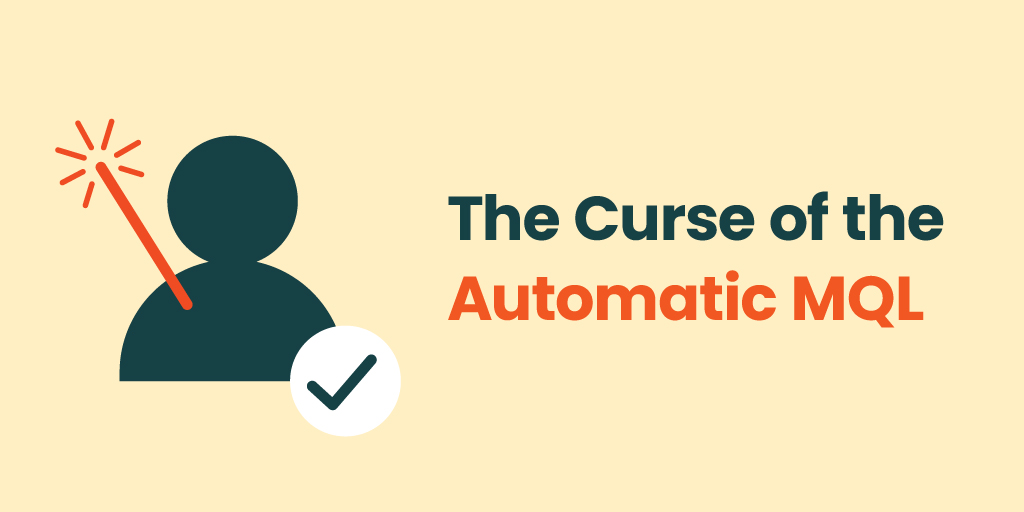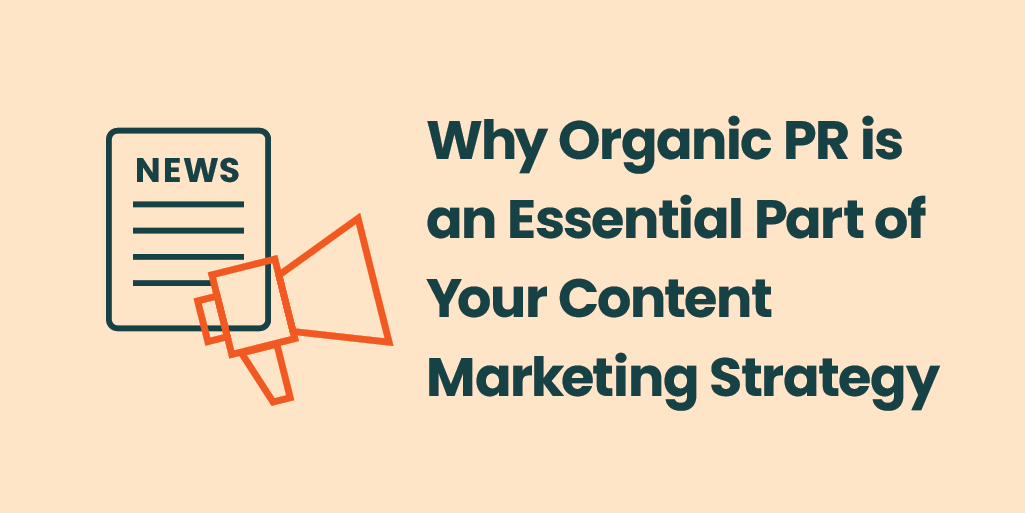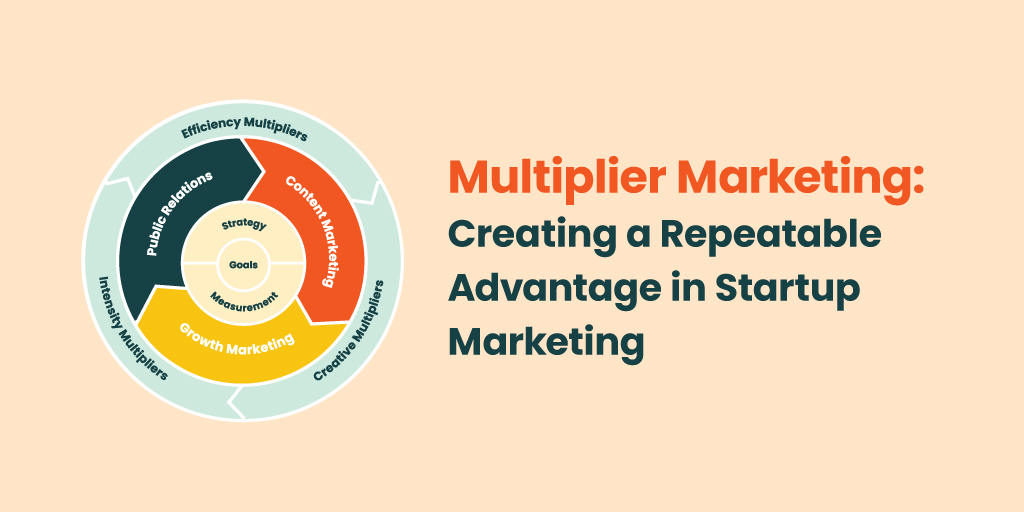For all startups, the pressure to drive revenue is on. This has rarely been so acute as funding levels drop, and startups are forced to drive revenue to fund operations, and to show strong growth for future funding.
This pressure is causing demand gen teams to make a critical mistake – automatically qualifying all leads as MQLs. We see it almost all the time – someone downloads an ebook and is instantly MQLed and handed to sales. The poor prospect then gets a BDR in their inbox or, worse, calling them. It’s a terrible experience for the prospect, it’s frustrating for the BDRs who then complain about junk leads, and it just makes the marketing team more desperate to find better MQLs.
Meantime, it salts the ground for everyone since prospects use burner emails or don’t convert at all since they don’t want the hassle of the follow-up. It’s a vicious cycle and a bad habit, however understandable.
It’s far better for demand generation teams to take a breath and nurture the leads before handing them to sales. Even a four-stage email nurture guiding a prospect through other assets (perhaps a few blog posts, a case study, and a solution brief) will help move them through the purchase process, and give vital signals about their interests and sales readiness. If leads don’t open any of those emails, they are obviously still early in their process. If they check out your case study with an insurance provider, perhaps they are in financial services themselves. You can always offer the ‘speak to a rep’ conversion event in those emails if you are worried the lead is on a shorter buy cycle.
Prospects don’t jump from awareness to consideration or decision. Data shows the average B2B purchase includes a whole buyer committee, so you won’t get much success from auto-MQLing leads from an ebook. We can all appreciate the temptation since marketing needs to deliver its MQL targets, but sales will think they are junk if they are not ready. And the sales folks have limited time and targets to meet too – so chasing high-funnel unqualified leads is pointless. BDRs soon learn this and just ignore the MQLs, some of which are genuine potentials. Then you have an entirely new problem: paying to generate MQLs that go nowhere.
This is why marketing and sales need to work closely. Sales needs to give the marketing team the time to generate and nurture leads. You can’t shortcut the buyer’s process. Then the marketing team needs to understand what a good MQL looks like so they can score for it. Look at the profile of MQLs that turn into SALs – and the commonalities for those that don’t proceed.
Not all leads are on an active journey to MQL. Many prospects might sit at the lead stage for months – just waiting for the project to commence and for budgets to free up. That’s ok – just keep them engaged and your brand top of mind through a monthly newsletter, email blasts, events and webinars – and eventually, they will start to send signals of more urgent intent.
Patience is a superpower. Urgency on your part to fill the pipeline doesn’t equate to urgency on the buyer’s part. Especially now when their budgets are tight. Prospects are window shopping, getting ready for future projects. We prefer them to be actively buying but chalking them up for the future is valuable too.
So don’t auto-MQL your leads. It may sound great for your OKRs in the short term, but it’s not effective for your overall business objectives in the long run.
About the Author
Morgan McLintic is the founder and CEO of startup marketing agency,Firebrand. Firebrand works with early- and late-stage startups to help raise awareness and drive demand. It does this through integrated programs involving PR, content marketing and digital marketing. The firm was recently recognized as the Boutique Agency of the Year by the PRSA (Public Relations Society of America) and awarded Gold Winner of theB2B PR Campaign of the Year by The Drum. Firebrand works with startups in sectors spanning fintech, cybersecurity, AI/ML and infrastructure such as Emburse, Human Interest, Planful, Weaviate and Yubico.
Prior to Firebrand, Morgan was the founder in the US of LEWIS, a global communications firm, which grew to $35m in revenues and 200+ staff in the US, and $75m with 600 staff globally. He has over 30 years' tech experience, both consumer and B2B. At LEWIS, Morgan led the acquisition of three companies - Page One which was integrated and rebranded as LEWIS Pulse; the Davies Murphy Group, a 65-person PR and marketing consultancy; and Piston, a 50-person full-service digital advertising agency.
Morgan has been a speaker at events for AlwaysOn, Holmes Report, MIT / Stanford VLABs, OnHollywood, PR News, PRSA, Social Media Club, Social Media World Forum, Venture Capital and Private Equity Group, and WITI. PRWEEK named him to its Global PR Powerbook in 2015 and 2016.
Follow Morgan onLinkedIn, tune into theFiredUp! podcast, or explore his latest posts onFirebrand’s blog.




